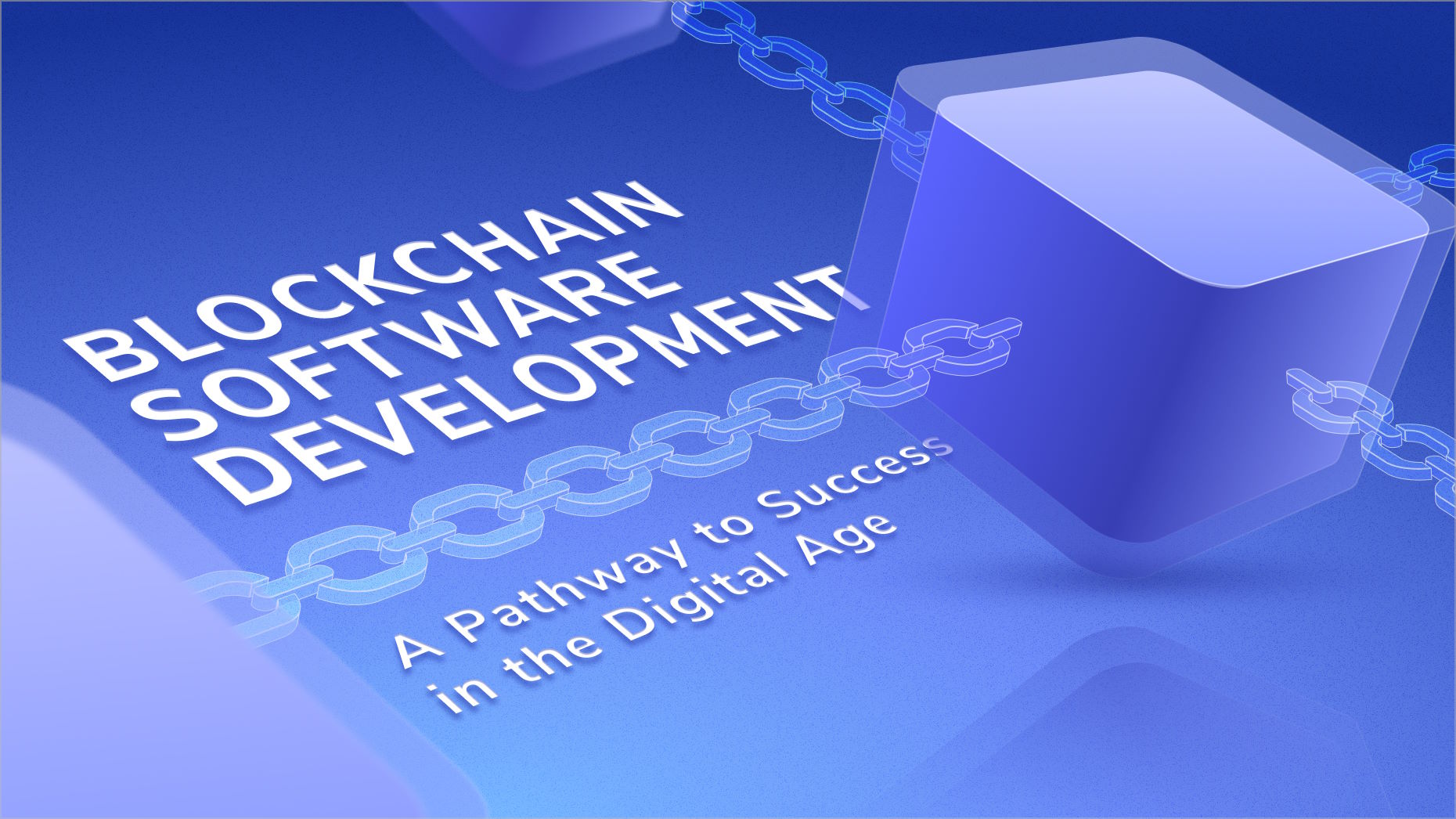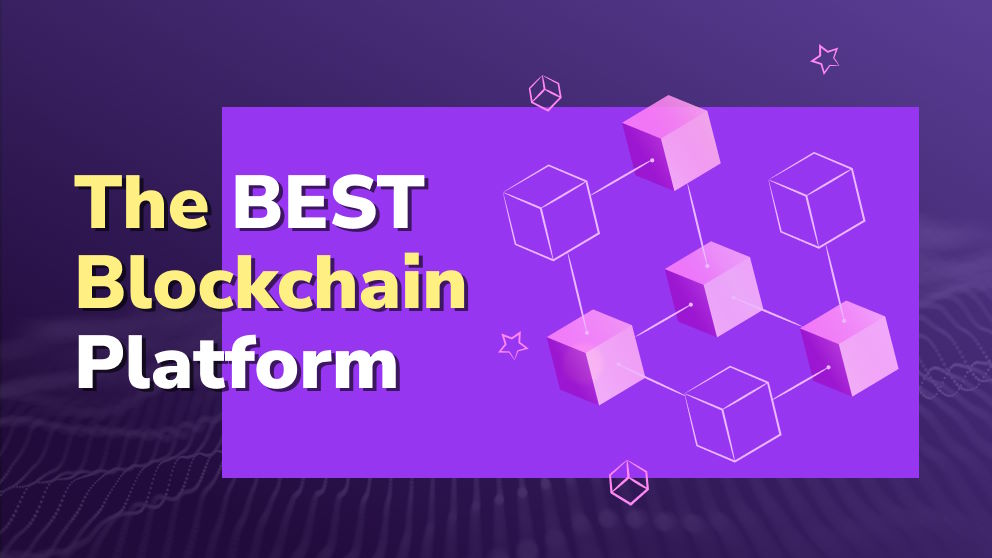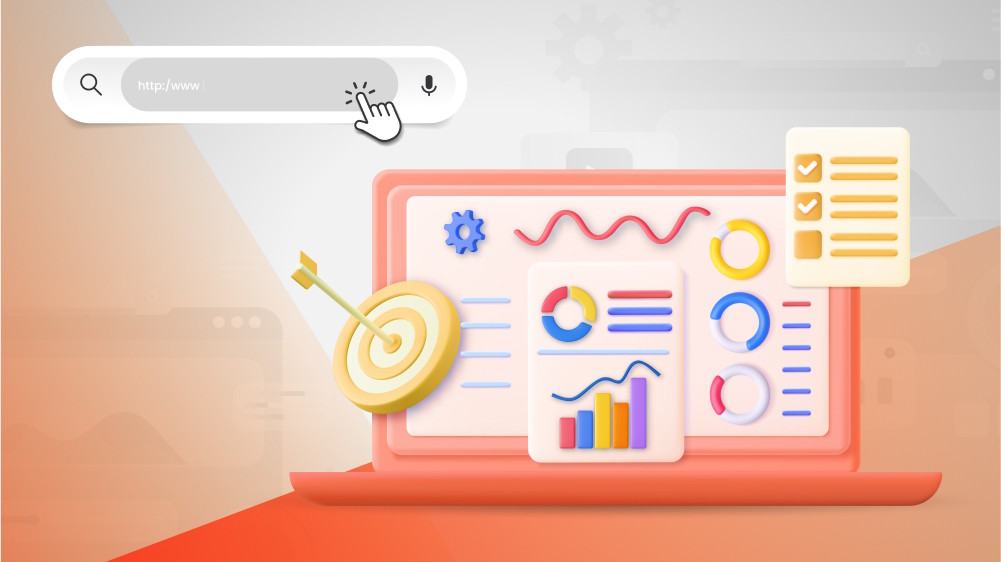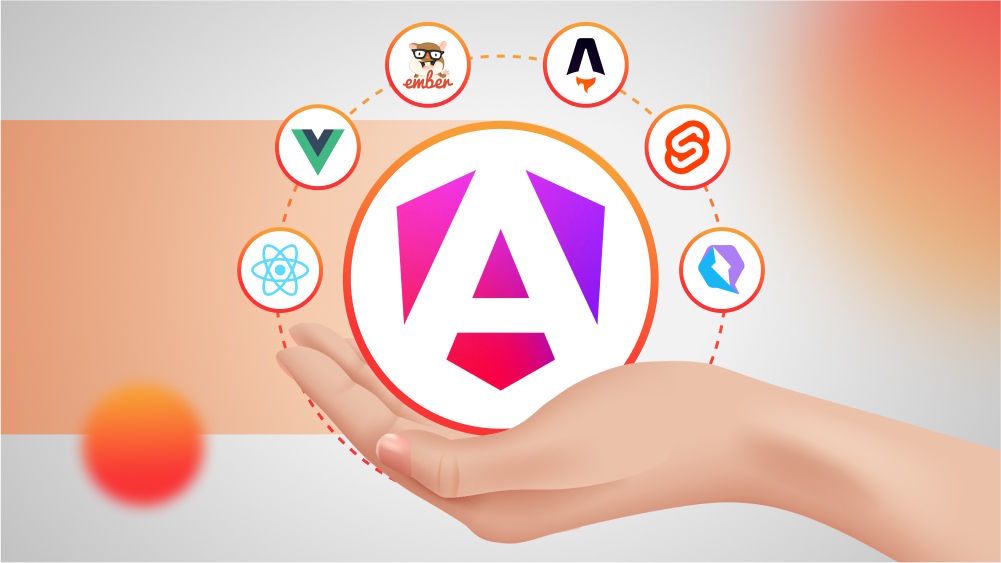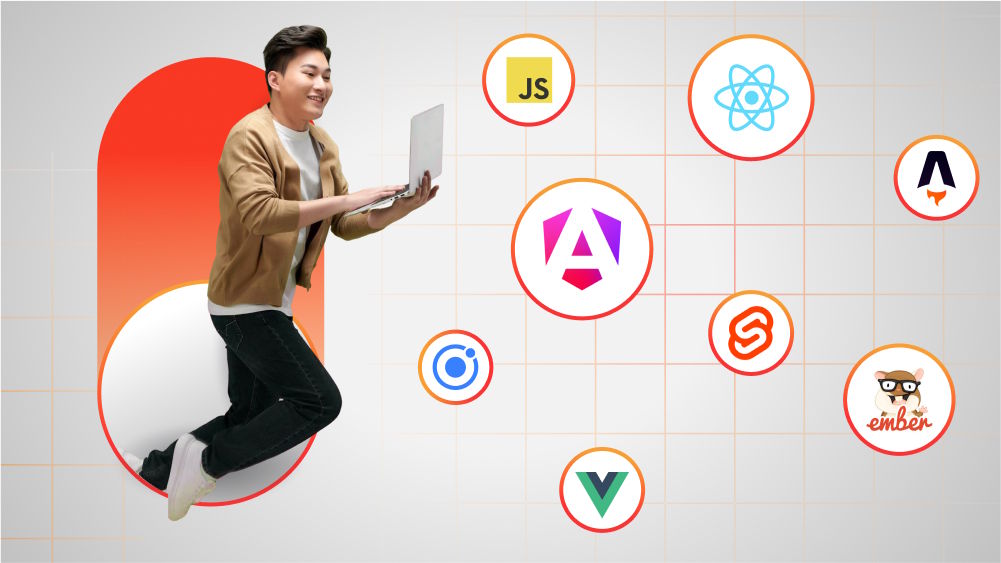How Blockchain Game Development is Literally Game-Changing
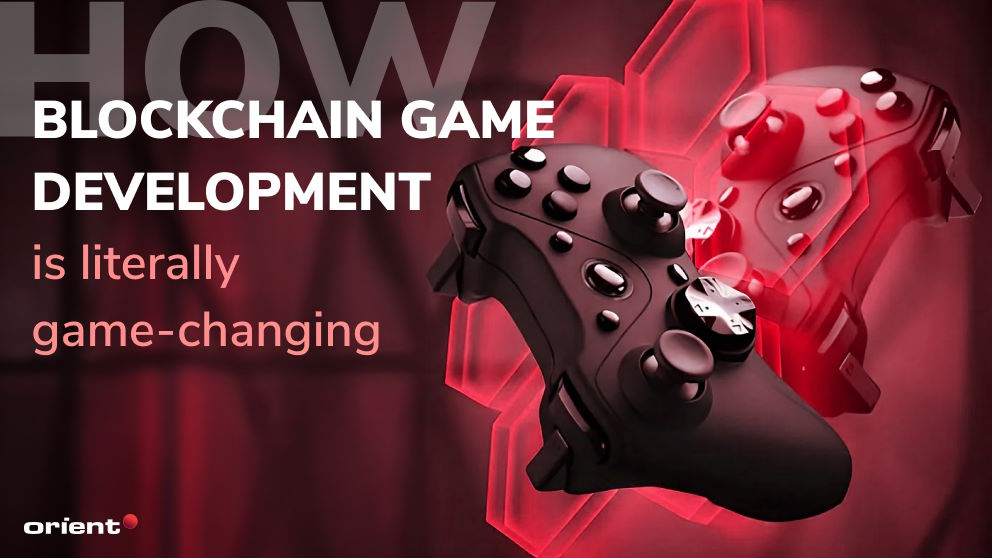
Content Map
More chaptersThe digital playground is leveling up. With blockchain games infiltrating, a new era of player-centric play has begun. Forget high scores - now you can earn as you quest. Say goodbye to pixelated prizes nobody wants - non-fungible tokens(NFTs) empower you to flex real-world rewards.
Developers are harnessing blockchain technology to flip script on the design of traditional games. They’re decentralizing economies. They’re tokenizing trophies. And they’re handing control back to the very people who fuel this fantasy factory - the players.
From indies shaking up genres to giants jumping on board, blockchain game development promises to transform gaming into a truly free market. Virtual assets are becoming actual assets. And players are poised to become stakeholders and share in the profits, not just spectators feeding someone else’s bank account.
So, gather your crypto courage and gear up. The future is here - one where gameplay isn’t just gratuitous but generates gratification in real life. Blockchain gaming is primed to revolutionize the rules of reward. And it just might change games forever.
The Intersection of Blockchain and Gaming
The gaming industry faces several challenges, such as issues with security, ownership, and trust. Traditional gaming systems often suffer from data breaches, fraudulent transactions, and lack of transparency. Additionally, players often have limited ownership rights over in-game assets, and trust in centralized game servers can be a concern.
Blockchain game development services have emerged as a promising solution to eliminate the challenges faced by the gaming industry. By leveraging blockchain, game developers can create decentralized gaming platforms that offer enhanced security, transparency, and ownership. This opens up new possibilities for innovative gameplay mechanics, virtual economies, and player interactions.
The intersection of blockchain and gaming offers exciting opportunities to revolutionize the industry. By embracing the technology, blockchain game development companies can create immersive experiences that prioritize security, ownership, and trust. Players can enjoy a new level of control over their virtual assets and engage in games with enhanced transparency and fairness. As blockchain technology continues to evolve, we can expect to see innovative and groundbreaking gaming experiences that level up the full potential of this transformative technology.
Key Advantages of Blockchain Game Development

Immutable and Transparent Gaming Assets
One of the main advantages of blockchain game development is the immutability and transparency it brings to gaming assets. By utilizing blockchain technology, in-game assets such as items, characters, or virtual properties can be securely recorded on a decentralized ledger. This ensures that the transaction history and ownership of these assets are transparent and cannot be altered, providing players with a reliable and trustworthy system.
True Ownership and Digital Scarcity
Blockchain game development allows true ownership of in-game assets through the use of non-fungible tokens (NFTs). NFTs are distinct digital tokens that signify possession of a certain good or asset. With NFTs, players have verifiable proof of ownership and can freely buy, sell, or trade their virtual assets with other players. Additionally, blockchain allows for the creation of digitally scarce assets, where the supply of a particular in-game item can be limited, adding value and rarity to these assets.
Enhanced Security and Fraud Prevention
Blockchain technology enhances security in gaming by utilizing cryptographic techniques and decentralized consensus mechanisms. In-game transactions and assets are recorded on an immutable blockchain ledger, making it extremely difficult for hackers to manipulate game data. Blockchain-based games reduce the risk of fraud, hacking, and cheating, creating a more secure environment for players to engage in.
Tokenization and In-Game Economies
Blockchain game development enables tokenization, where in-game assets and currencies can be represented as tokens on the blockchain. These tokens can be exchanged, traded, or used to power in-game economies. Play-to-earn games enabled by blockchain technology often feature vibrant and dynamic in-game economies where players can earn, spend, and trade digital assets or crypto tokens through their gaming activities and interactions, allowing for a more immersive and engaging gaming experience.
Interoperability and Cross-Game Interactions
Blockchain technology facilitates interoperability between different games and platforms, enabling cross-game interactions and asset transfers. Players can use their own assets in multiple games or transfer them between different gaming platforms that support blockchain integration. This opens up new possibilities for collaboration, cross-game experiences, and the creation of shared virtual universes.
Use Cases and Examples of Blockchain Games
Blockchain technology has opened up unique opportunities for the development of innovative and immersive games. Here are some notable use cases and examples that demonstrate the versatility and potential of blockchain games:
Crypto Collectibles and Virtual Worlds
- CryptoKitties: One of the earliest and most famous blockchain crypto games, CryptoKitties allows players to collect, breed, and trade unique digital cats represented as NFTs on the Ethereum blockchain.
- Decentraland: Decentraland is a virtual world where online players can buy, sell, and own parcels of virtual land as NFTs. Users can build and monetize their virtual experiences, creating a decentralized metaverse.
Play-to-Earn Games
- Axie Infinity: Axie Infinity is a blockchain-based game where players can own and breed cute creatures called Axies. Players can battle, collect resources, and earn in-game tokens that can be traded or used to further enhance gameplay.
- Gods Unchained: Gods Unchained is a digital trading card game where players can collect and then trade unique cards as NFTs. Players can compete in battles, earn rewards, and trade valuable cards on the Ethereum blockchain.
Blockchain-Based Esports and Competitive Gaming
- Epik Prime: Epik Prime is a blockchain-based esports platform that allows players to participate in tournaments, compete for prizes, and earn cryptocurrency rewards. The platform leverages blockchain for secure and transparent tournament management and prize distribution.
- F1 Delta Time: F1 Delta Time is an officially licensed blockchain game that combines elements of racing and collectible gaming. Players can own and trade virtual Formula 1 cars as NFTs and participate in competitive races.
Decentralized Gaming Platforms
- Enjin: Enjin is a blockchain platform that offers tools and infrastructure for the development team to create their own blockchain games. It provides features like asset tokenization, in-game item management, and secure trading on the Ethereum blockchain.
- Gala Games: Gala Games is a decentralized gaming platform that aims to empower players by allowing them to own and control their gaming experiences. Players can collect, trade, and play games within the Gala Games ecosystem.
Challenges in Blockchain Game Development
Even though blockchain technology promises several advantages for game development when applied creatively, its adoption within blockchain game development companies still faces some difficulties that need to be addressed for widespread adoption and seamless integration. Here are some key considerations:
Scalability and Transaction Speed
One of the primary challenges of blockchain game development is scalability. Traditional blockchain networks like Ethereum have limitations in terms of transaction speed and throughput. As multiplayer games require fast and responsive interactions, scaling blockchain technology to handle a high volume of transactions in real time is crucial. Solutions such as layer-two protocols, sidechains, or newer blockchain platforms specifically designed for gaming are being explored to overcome these scalability limitations.
User Adoption and Interface Complexity
Blockchain games often require users to have a basic understanding of blockchain technology and the use of digital wallets to interact with the game. This can present a barrier to entry for mainstream users who may find the setup process and interface complexity intimidating. Improving user experience and creating intuitive interfaces that abstract away the complexities of blockchain technology is essential for broader user adoption.
Regulatory and Legal Considerations
Blockchain game developers need to navigate regulatory and legal considerations specific to the gaming industry and blockchain technology. Compliance with existing laws and regulations regarding virtual assets and ensuring player data privacy and protection are important aspects that need to be addressed. Additionally, the evolving nature of blockchain and cryptocurrency regulations in different jurisdictions presents challenges and uncertainties that need careful consideration.
Energy Consumption and Environmental Impact
Blockchain technology, particularly proof-of-work (PoW) consensus algorithms, can be energy-intensive, leading to concerns about its environmental impact. As blockchain games gain popularity and attract a large user base, the energy consumption associated with maintaining the underlying blockchain network becomes a pressing issue. Developing more energy-efficient consensus mechanisms or transitioning to alternative, eco-friendly blockchain technologies can help mitigate these concerns.
The Future of Blockchain Game Development
The future of blockchain game development is filled with exciting innovations and trends that are set to shape the industry.
- Play-to-earn Economy: The play-to-earn model, where players can earn real-world value through gameplay, is gaining traction. Blockchain games offer opportunities for players to monetize their skills and time invested in gaming, potentially transforming the gaming landscape.
- Blockchain Scaling Solutions: Scalability remains a significant challenge for blockchain game development. Innovations such as layer-two solutions, sidechains, and sharding are being explored to improve transaction speeds and scalability, enabling a smoother gaming experience.
- Metaverse and Virtual Reality (VR): The concept of the metaverse, a shared virtual environment where users can interact with each other and digital content, is gaining momentum. Blockchain technology can play a pivotal role in creating decentralized metaverses, enhancing social interactions, and enabling ownership of virtual assets.
- Cross-industry Collaborations: Partnerships between blockchain game developers and other industries, such as virtual reality, augmented reality, or collectibles, can lead to the creation of immersive and interconnected experiences that blend different technologies and extend the possibilities of blockchain gaming.
Leverage Blockchain Technology for Yourself
As the trends outlined above continue to gather steam, blockchain technology promises a transformative impact on the gaming industry as well as other sectors. As both developers and businesses look to leverage blockchain’s advantages, it is important to partner with an expert firm that can guide innovative real-world applications of this cutting-edge engineering.
At Orient Software, we consider both technical and business factors to craft tailored blockchain solutions that solve real problems. In addition to experience building thriving virtual economies and worlds for blockchain games, Orient Software has leveraged blockchain’s inherent transparency and security properties to help businesses across domains protect sensitive data and transactions through decentralized architectures.
Contact Orient Software to discuss how our expertise can be leveraged to realize your innovative visions through this emerging technology.

